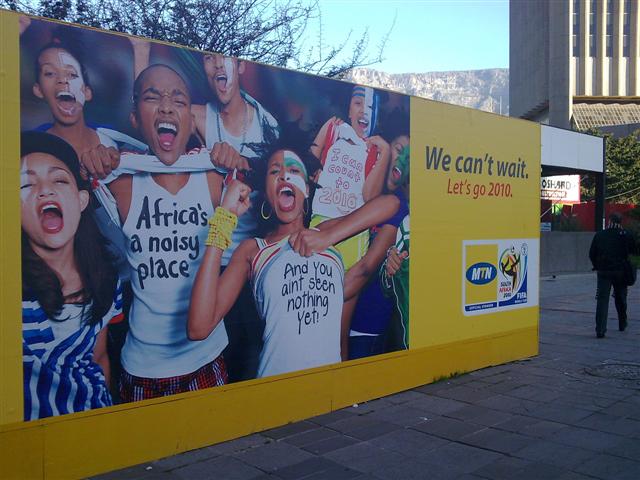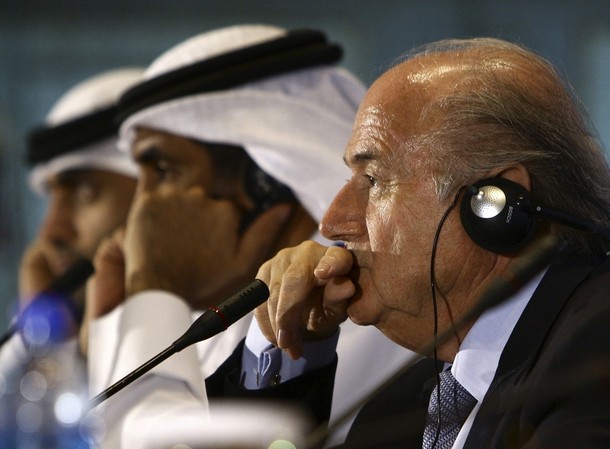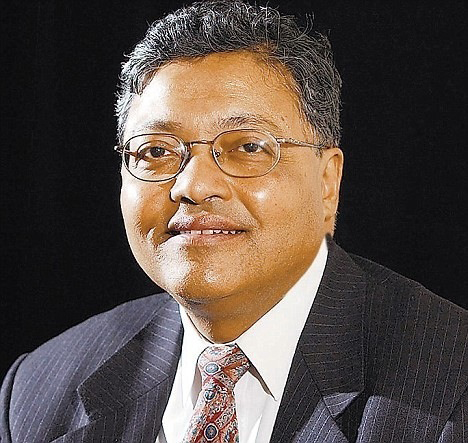So you thought hosting the World Cup was just a series of (possibly) great football matches? Think again. FIFA has made it clear to all countries bidding for the 2018 and 2022 World Cups that they must agree to a host of conditions which seem far removed from the beautiful game.
These conditions include bidding countries, not only agreeing to provide security for the tournament and immunity for FIFA from any legal issues that might arise, but also to open their borders with no restrictions on visas for all FIFA-approved individuals.
FIFA staff have to be given work permits; and, most important of all, bidding nations must make sure that the taxman does not impose taxes on the money FIFA makes from the tournament.
This makes FIFA sound more like a car manufacturer, a Toyota or a Honda seeking to open a new car factory. Such a manufacturer would shop around various countries looking for the best bargain and, in return for promising to create employment, would wrest all sorts of concessions from the government concerned.
In these days of bust, when car manufacturers are busy closing plants rather than opening them, it is significant that a sporting product can be so aggressively marketed. It also underlines how, despite the recession, top-class sport particularly the World Cup, has not lost its appeal.
To be fair, from the moment of the very first World Cup, it was never merely a tournament about the best players in the world kicking the ball. Promotion of the country hosting the event and an awareness of its business potential was always part of the Cup’s DNA. You can trace this right back to Uruguay in 1930 when the South Americans beat off the challenge of Sweden, Holland, Hungary and Spain to stage the first tournament.
Uruguay was keen to use the World Cup to celebrate 100 years as a free country. Realising travel to South America was not an attractive prospect for European teams, it offered to meet all the competing nations’ travelling costs and expenses and to host the tournament in a brand new stadium: The Centenario in Montevideo (pictured). In the end, only four European teams were tempted: France, Belgium, Romania and Yugoslavia, the last of which, of course, no longer exists.
Uruguay was so upset by this snub that it did not travel to Europe for the next two World Cups. Not that this bothered the Italian dictator Benito Mussolini who used the 1934 competition to advertise fascism. As General Vacaro, President of the Italian Federation, declared: “The ultimate purpose of this tournament was to show that fascist sport partakes of a great quality of the ideal.”
However, what has changed in the last two decades is that FIFA has become very conscious of the commercial worth of its World Cup product. So every effort is made to make sure that it is described as the “FIFA World Cup” lest anyone go away with the impression that there is any other kind of World Cup. FIFA also rigorously controls the images the tournament generates, very aware of how valuable they are.
In all this, football has borrowed from the Olympics and, like the Olympics, when it comes to hosting the tournament what FIFA is granting the host nation is a very limited franchise, even more restricted than the one McDonalds might give one of its franchisees.
The Olympics were, of course, the pioneers in this field. Their openly proclaimed marriage between sport and mammon began in 1984 when Los Angeles rescued the Games from what looked like a terminal disaster after the 1980 Moscow boycotts. The momentum really gathered after 1996 when the problems at Atlanta, particularly the way the Americans marketed the Games, made the International Olympic Committee realise it must make sure it protects its precious Olympics brand.
The Pierre Coubertin-inspired principles of the Olympics do mean that all this money-making comes with a fine sounding covering of Corinthian declarations: winners only getting medals not cash, the stadia having no advertisements, athletes not being allowed to blazon their sponsors’ names and logos. But we know that a medal winner, particularly of the gold variety, can leave the podium and immediately translate the win into a lot of money from sponsors. Also Olympics seek out top companies as sponsors and protect their investments with tough anti-ambush marketing strategies. They even require host cities to make sure they present a “clean look” city shorn of hoardings so that the only advertisements are those of the sponsors.
And, because the Olympics’ mantra is that the athletes are at the heart of the Games, host cities also have to agree to fairly strict conditions when constructing venues such as the Athletes Village. These even specify the height of the houses the athletes will stay in during the Games. You cannot build gigantic tower blocks as the IOC has laid down the time an athlete should be allowed to get from his room at the village to the venue. So rigorous are some of the conditions that the London Mayor Boris Johnson has been struggling to come to terms with them.

FIFA does not go quite that far and has never felt any such need to hide its desire to make money. It could justifiably say that the World Cup arose because, as the French who invented it argued, the wholly amateur football tournament at the Olympics was not enough to cater for the needs of the professional game.
But, where FIFA is now breaking new ground in recent World Cup bids, and again borrowing from the Olympics, is promoting the idea that FIFA is like a state. Not a state which commands any territory or has an army but a state which is like the sports version of the Vatican.
 I am not suggesting for one moment that even Sepp Blatter (pictured) would see himself as a Pope-like figure but he certainly conducts himself as if he expects to parley on equal terms with heads of state and governments. When he communicates to countries which are hosting the World Cup, he writes to the President. I am told that, in recent times, when he has received replies to his communications with the South African President from the President’s minions, Blatter has not been best pleased.
I am not suggesting for one moment that even Sepp Blatter (pictured) would see himself as a Pope-like figure but he certainly conducts himself as if he expects to parley on equal terms with heads of state and governments. When he communicates to countries which are hosting the World Cup, he writes to the President. I am told that, in recent times, when he has received replies to his communications with the South African President from the President’s minions, Blatter has not been best pleased.
It is this development of FIFA as a sporting state that leads to requirements such as for visa-free entry to accredited personnel. And why not? If an Olympics’ accreditation can stand in for a visa why not a FIFA one for the world’s most highly sought after sports event?
I have no problems with all this. All I would say is that bidding country contracts, including the fine print, should be public documents. If football is to be run as a commercial enterprise, as it undoubtedly now is, then let us know the commercial details. That is surely not asking for too much.
Mihir Bose is one of the world’s most astute observers on politics in sport and, particularly, football. He formerly wrote for The Sunday Times and The Daily Telegraph and until recently was the BBC’s head sports editor. He will be writing a weekly column for insideworldfootball.

